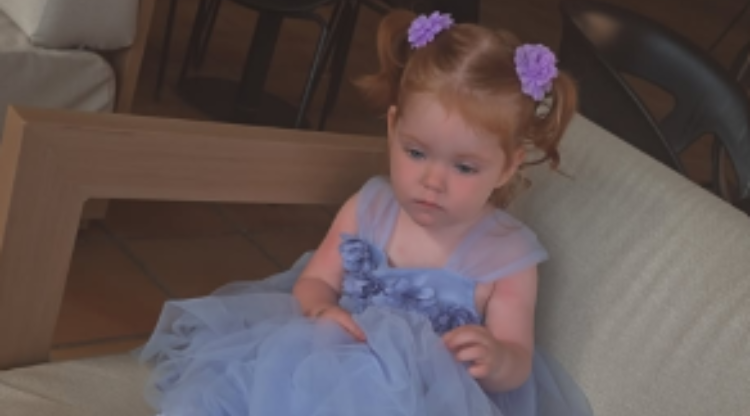
Ana Castillo's story
Confederation of Meningitis Organisations (CoMO) member Ana shares her experience with meningitis.

Kym shares how her daughter Penny died from meningococcal meningitis aged 17, and talks about the importance of vaccines.
October 2015 – Penny was sent home early from school one Thursday. She texted me, as I was at work, to let me know that her dad was bringing her home. When I got home it was clear that she had sickness and diarrhoea. She was always a very well child and apart from the odd sore throat hardly ever got poorly.
She did have a temperature and was taking paracetamol, but because she was being sick it was hard to know if it was having any effect. I knew that other children in the area were suffering with sickness and diarrhoea, so wasn’t too worried, thinking that it was something which would stop in a day or so.
Pen continued to be sick off and on through the night. She continued to be very hot. I did check for a rash that is commonly associated with meningitis, but there was nothing to be seen. She kept talking to me, saying how poorly she felt, asking for a cuddle.
On Friday morning she continued to be unwell. I took my son James to school and came home. I knew she’d had a bad night so let her sleep, whilst she could. I phoned the doctor, mainly to reassure myself. They said we were doing all the right things based on her symptoms. I was cleaning the house as we were due to have a little party that night.
When she awoke, she started retching again and needing to get to the bathroom. After this, I helped her to have a bath, which she seemed to enjoy. When she got out of the bath she slumped on the floor. I sat her up and she had the tiniest absence which I recognised was a small seizure. This really bothered me and I phoned 111.
The operator was preoccupied with Penny’s shallow breathing, but by this stage I was more concerned that Penny wasn’t responding to me. She was lying down and waving her hands in front of her face. The operator summoned an ambulance responder, who came within 10 minutes and he then called for an ambulance.
The paramedics kept asking questions, ‘Had she taken anything?’, and asking what she’d eaten. Nothing they did seemed to make any difference and they didn’t know what was wrong. We were taken to hospital at about 2.30.
In hospital, the first doctor I spoke to seemed to think it was encephalitis but was quite positive. He did say that they had had to sedate Penny as she was quite ‘combative’.
When Chris and I first saw her, Penny was fully sedated, there were many machines involved and one or two members of staff.
This disease hides behind symptoms that you'd get with common everyday illnesses, which makes it so hard to know when it's something more dangerous.
At one point there was talk of moving Penny to Huddersfield but then she was transferred to Intensive Care in the same building. They were working hard to try to eliminate lots of things but it wasn’t clear what was wrong.
They asked my husband to call close relatives.
Penny had gone by 10 o’clock on Friday night. She was 17 years old. It all happened so quickly.
We later learned that Penny had died from meningococcal meningitis type W. This disease hides behind symptoms that you’d get with common everyday illnesses which makes it so hard to know when it’s something more dangerous.
The MenACWY vaccine is available now for young people, and the thing that frustrates me is that uptake of this vaccine has been low among people who are Penny’s age. This seems staggering to me. People don’t appreciate what this disease can do if they haven’t been through it. It’s so quick to get the vaccine and it can give everyone that peace of mind knowing that they are protected.

One story can change a life. 2,030 could change the world. Share yours today.

Confederation of Meningitis Organisations (CoMO) member Ana shares her experience with meningitis.

Kayleigh shares how meningococcal sepsis nearly took her daughter’s life, the life-saving care that followed and the long-term impact of the disease.

After surviving bacterial meningitis and losing his limbs, Davide rebuilt his life as a para-athlete, motivational speaker and co-creator of the Meningitis Flag.